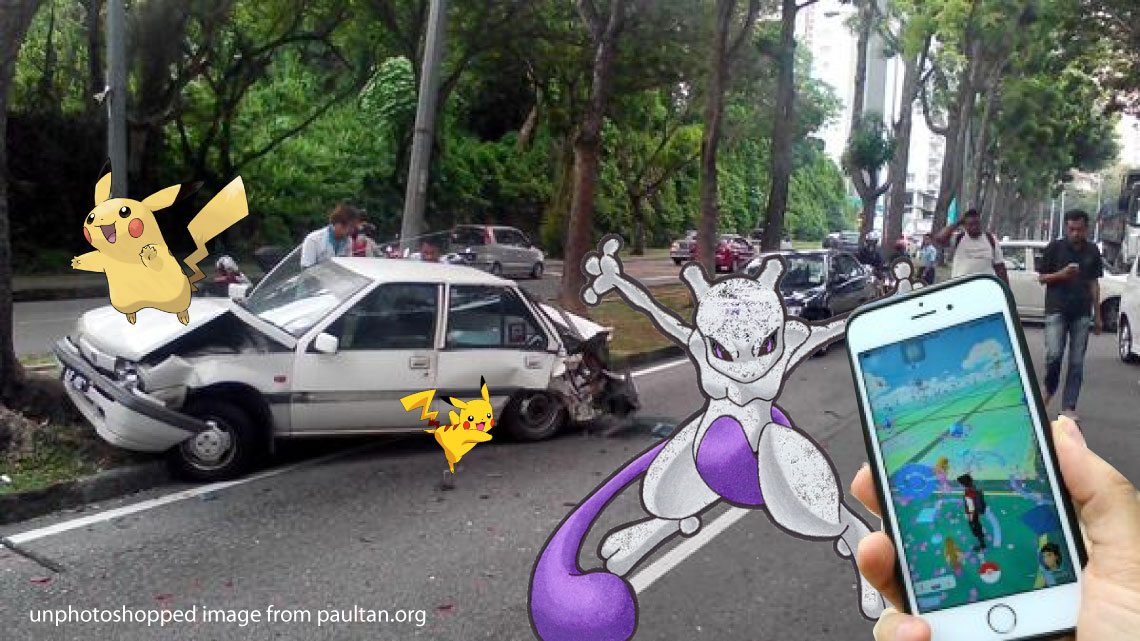Here’s how call spammers had to tukar tactics when the MCO happened
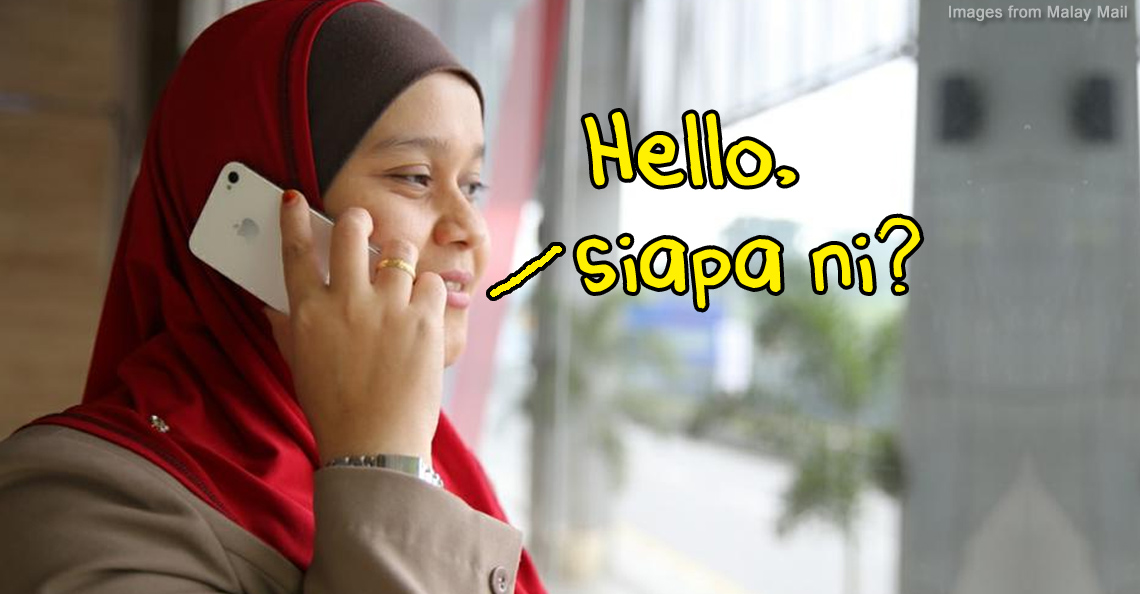
- 1.0KShares
- Facebook980
- Twitter9
- LinkedIn7
- Email7
- WhatsApp14
As Malaysians, we’re pretty sure you’re familiar with how spam calls would work. You’ll receive a phone call from a random number and when you pick it up, you’d be met with a robot voice instead.
This writer personally received a phone call from 0140839438 (yea, we’re leaving this number here cos it’s not logged on spam call blocking apps like Truecaller) stating that it was from a court. Apparently, the caller claimed that she has an unsettled case (obviously this writer has no such business there lol) and this happened on the very. FIRST. DAY. of the Movement Control Order (MCO)… when courts are actually closed! o_O
Seeing how this is pretty common in Malaysia, we can’t help but to wonder…
If you think that you’ve been getting a lot of spam calls during the MCO, well brace yourselves, folks because we’ve got statistics that will tell you quite the opposite. According to statistics by a caller ID and spam call blocking app, Truecaller…
Spam calls actually dropped during the MCO
Ok, let’s start with the good news. Back in 2019, Malaysia was listed as among the top 20 countries in the world that was affected by spam calls. It had more than 90 million spam calls that year.
We managed to get in touch with team behind Truecaller and we were informed that the number of spam calls received by Malaysians in 2020 slightly increased by 2.7% as compared to the spam calls in 2019. We did the math and that’s over 92 million calls(!). But we gotta note that the real number may be more considering how this statistic only comes from one app.
Despite that, Truecaller also states that our country is no longer in the list of top 20 countries affected by spam calls. In fact, Malaysia saw a massive decrease, especially in March and April 2020. That was about the same time the Movement Control Order (MCO) was first implemented in Malaysia.
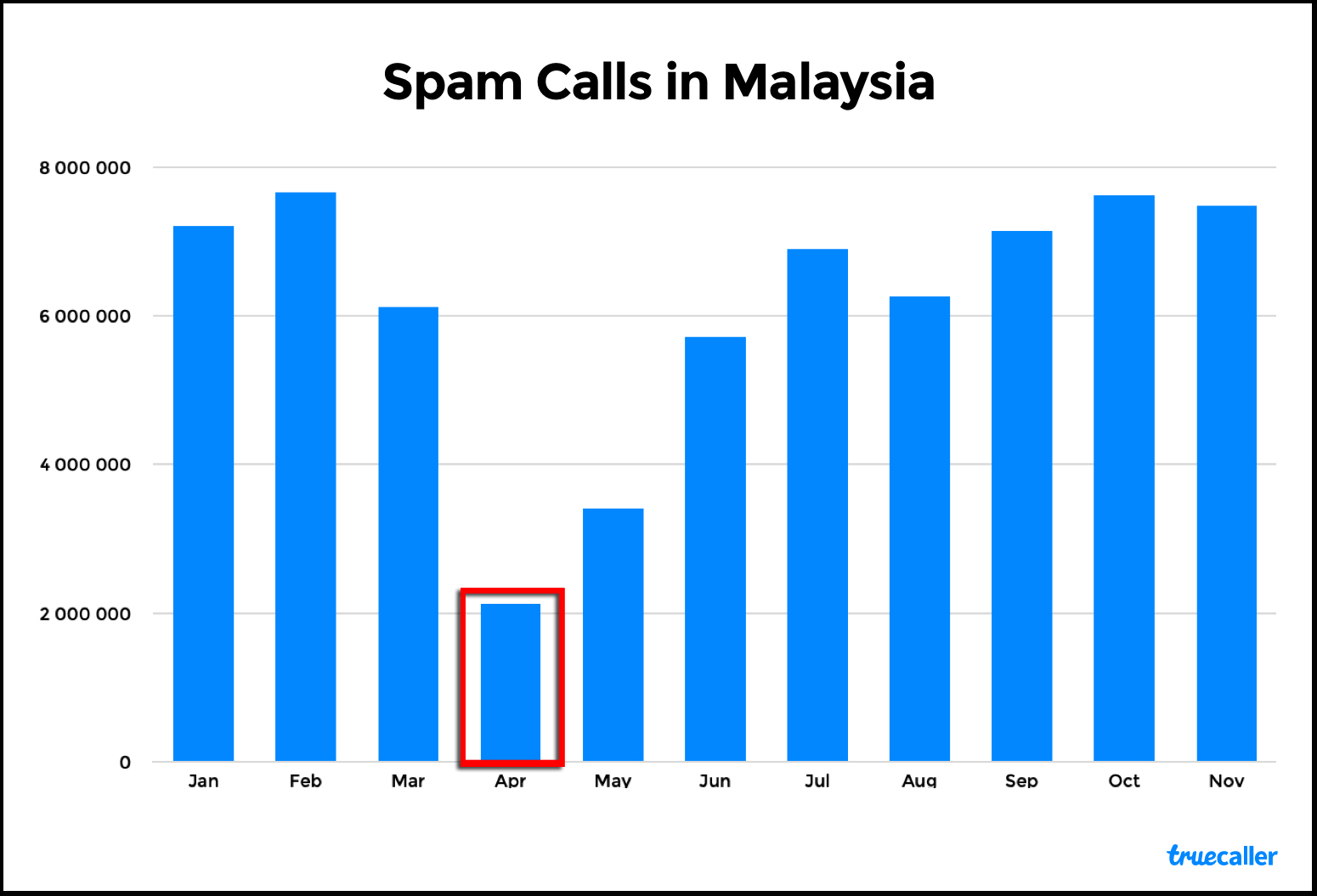
Truecaller suspects that this may have something to do with how spammers have limited access to equipment or technologies due to the MCO. But another possible reason was also that scammers might be moving to other social media platforms like WhatsApp to scam people.
Norzieana Mior Norahan, for instance, was almost scammed when she first received a message from the number 63044, asking if she had purchased an item online. But when she ignored the message, she received a Whatsapp message from a different number.
“I ignored the message and blocked the number. At around 8.03pm, I received a WhatsApp message from 01125835468, once again asking if I had made a purchase at Lazada and if I had made payments to them.” – Norzieana to FMT.
Long story short, she received another WhatsApp message from another number (0176312341) requesting for a TAC and several calls after she ignored all those messages.
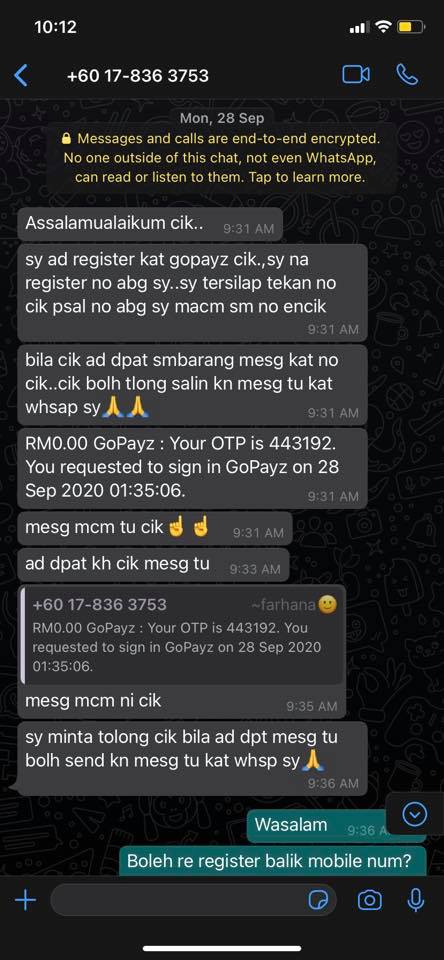
And while you may think that spam calls are from international numbers are common, it’s interesting to note that 97% of spam calls are actually coming from Malaysian numbers.
Although there have been very few spam calls in March and April 2020, the number of spam calls seem to be gradually increasing since May. And it spiked the most in October, which means, yes…
Macau scams increased by 20% during the MCO but it lost to…
Just in case y’all forgot, several people were arrested in October 2020 for allegedly being involved in the Macau scam. Among them were a couple of Dato and Datin, who were said to enjoy partying with famous celebrities. We’ve written about that and you can read more about it here.

Anyways, you’d think that with the arrest of the culprits behind the scam would mean that the scam would stop altogether. But we found out that scammers are still operating as usual and Malaysians are still falling for this scam.
As a matter of fact, the police found that Macau scam calls have increased by 20% during the MCO and CMCO. Truecaller also noted that most scam calls recorded on the app are from Macau scams anyways.
But here’s the thing. Scam calls aren’t even the biggest spam calls received by Malaysians. As it turns out, 41% of spam calls came from… financial services?!
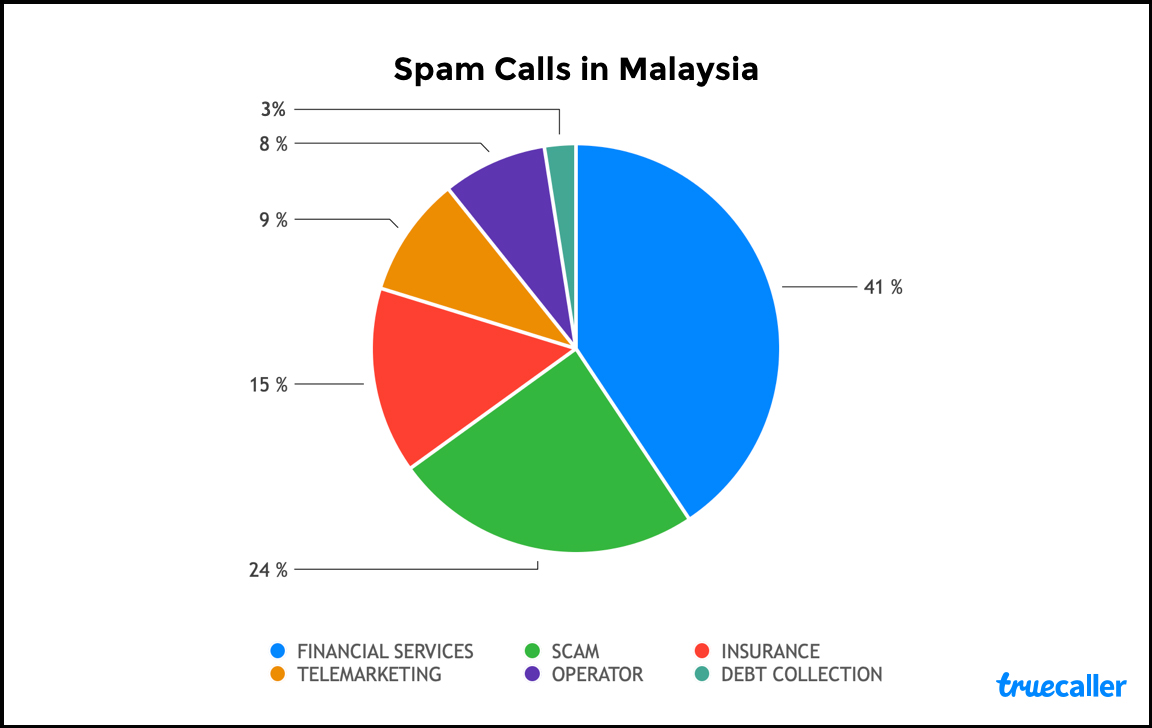
Typically, these are calls offering Malaysians banking products or cold calls from credit card companies. Seeing how Malaysians are facing financial difficulties due to the pandemic, it only make sense for these institutions to be making calls like this to offer financial help.
Besides that, calls made from financial services may also be the most since most of us would be using various financial services like e-wallets during the pandemic. But let us be real. Although spam calls can be harmless as they are just unwanted calls anyways, it is also not impossible for these calls to eventually turn into scams.
Marina Baharuddin, CEO of Ombudsman for Financial Services (OFS) mentioned that a lot of Malaysians are falling for financial scams this year because of the increase in internet-related activities like online shopping.
Having said that, is there a way to protect yourself from spam calls and falling victim to scams?
If you dunno the number, it may be best not to layan at all
Or if you do, you can do what these guys have done:
On a serious note tho, if you don’t have Truecaller on your phone to help you filter out spam calls, then the best thing you can do is to simply ignore these calls and messages like what Norzieana did in a case we mentioned earlier. You can also check the numbers first on PDRM’s Commercial Crime Investigation Department (CCID) site.
But you can also take a step further by reporting those numbers to CCID Infoline via WhatsApp at +6013-211 1222. Similarly, if you’re a Truecaller user, you can report these numbers on the app to help the app identify which numbers are spam and fraud.
“Truecaller community consists of hundreds of millions of users, which are helping each other to report spam and fraudulent calls on a daily basis.” – Truecaller in a statement to CILISOS.
And based on this information, the app’s advanced technology will then filter out what’s considered as spam calls and what isn’t.
But Truecaller isn’t the only one with such a technology la. There are other spam call blocking apps such as Hiya, Robokiller or even Call Control Home, among many others.
However, we’d understand if y’all are a bit skeptical about downloading these apps considering how they would have access to your personal info like your contact details. Besides that, you would also have to pay for subscription to access several features like the call recording feature. #mafan
So, how? Well, there’s always a more traditional way to protect yourself from falling into potential scams la like following these suggestions from Bank Negara. And you can also educate yourself on the modus operandi of various scams that you can check out here, here and here.
While you do that, we’re just gonna quickly think of a comeback in case we get another call from the ‘mahkamah’. 😛
- 1.0KShares
- Facebook980
- Twitter9
- LinkedIn7
- Email7
- WhatsApp14



